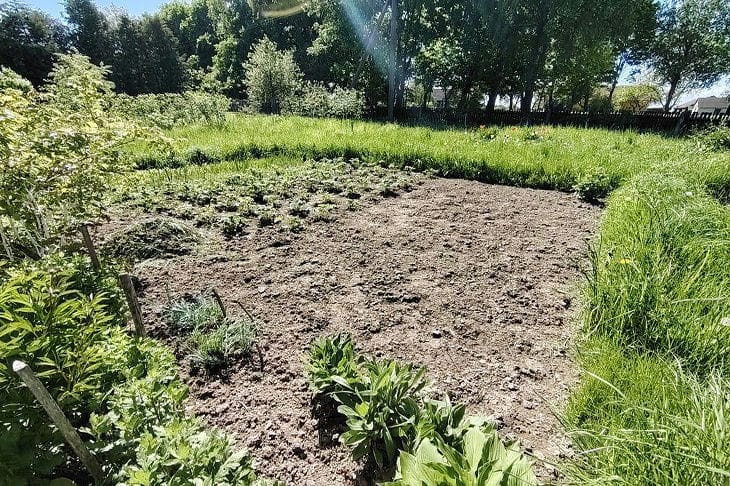How to Fight Caterpillars on Your Plot: 8 Effective Methods to Save Your Crop
Caterpillars are a real scourge for gardeners and vegetable growers.
These voracious pests are capable of destroying crops in the shortest possible time, leaving only bare stems of the plants.
However, there are effective ways to combat them, allowing you to keep your garden and vegetable patch intact.
Mechanical methods of control
The easiest and most environmentally friendly way to get rid of caterpillars is manual collection.
Regularly inspecting your plants and removing pests by hand can significantly reduce their population.

This method is especially effective in the early stages of caterpillar emergence, when their numbers are still small.
Using traps
Setting traps is another effective method of controlling caterpillars.
Sticky tapes placed on tree trunks prevent pests from moving. Pheromone traps can also be used to attract butterflies, which are the source of caterpillars.
Biological methods
Attracting caterpillars' natural enemies can be an effective pest control strategy.
Birds, ladybugs, ground beetles and some species of wasps are natural predators of caterpillars.
Creating favorable conditions for these animals on your property will help naturally control the pest population.
Use of bacterial preparations
Biological preparations based on the bacteria Bacillus thuringiensis are an effective and safe way to combat caterpillars.
These preparations affect only caterpillars, without causing harm to other insects, plants or humans.
Folk remedies
Many gardeners successfully use folk methods to combat caterpillars. Infusions of wormwood, tobacco, garlic or tomato tops can repel pests.
However, it is important to remember that the effectiveness of these products may vary and requires regular use.
Chemical methods
In cases of severe infestation, the use of chemical insecticides may be required.
However, this method should be used with caution, strictly following the instructions and taking safety precautions.
It is important to choose products that are least harmful to the environment and beneficial insects.
Preventive measures
Preventing caterpillars from appearing is a key aspect of pest control.
Regularly cleaning up fallen leaves and fruits, digging up the soil in the fall, and destroying weeds will help reduce the likelihood of pests appearing next season.
Creating barriers
The use of special nets or covering material can physically prevent moths from entering plants to lay eggs. This method is especially effective for protecting vegetable crops.
Combination of methods
The most effective caterpillar control strategy often involves a combination of different methods.
The combination of mechanical, biological and, if necessary, chemical methods allows achieving the best results in plant protection.
Monitoring and timely response
Regular inspection of plants and early detection of pests play a key role in successful control of caterpillars.
The sooner action is taken, the easier it will be to control the situation and prevent serious damage.
Ecological balance
When fighting caterpillars, it is important to remember to maintain the ecological balance in the area.
Excessive use of chemicals can harm beneficial insects and microorganisms that play an important role in the health of your garden.
